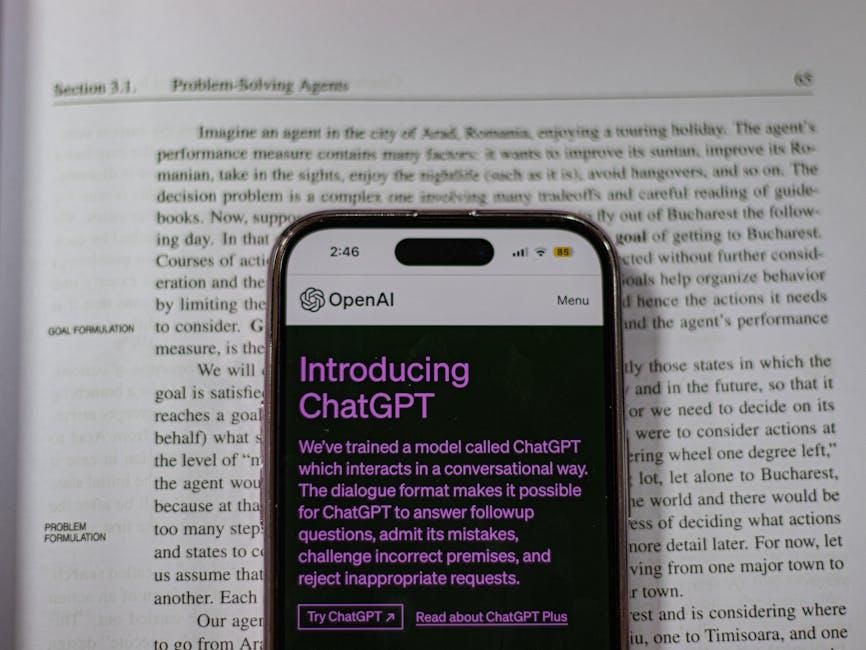OpenAI, the renowned artificial intelligence research lab, is making headlines once again with its latest creation—an AI text detector. However, rather than releasing it to the public, the company has decided to withhold the software, raising concerns and sparking debates about the implications of such a decision.
The AI text detector developed by OpenAI boasts impressive capabilities. It has been trained to identify and filter out text that it deems potentially harmful or malicious. Using a technique known as deep learning, the AI system has been fed an enormous amount of data to learn how to differentiate between acceptable and harmful content online. This text detector has the potential to aid in reducing online harassment, fake news, and even curb the spread of disinformation.
So why is OpenAI choosing to keep this powerful tool to itself? The primary reason, according to the organization, is the concern of potential misuse and the impact it could have on freedom of expression. They fear that, in the wrong hands, the AI text detector could be employed as a censorship tool to suppress dissenting voices, limit access to information, or stifle meaningful dialogue.
Considering the increasing challenges of tackling online misinformation and harassment, it is understandable that OpenAI’s creation could raise expectations about more effective means of combating these issues. However, the company is wise to tread carefully.
OpenAI has expressed its commitment to ensuring transparency and accountability in the development and use of AI technologies. In a blog post, they raised awareness about the potential risks of deploying AI models like the text detector in an unconstrained manner. Recognizing the responsibility they have as creators, OpenAI asserted that “the power to deploy these systems materially should be coupled with a responsibility to ensure their benefits are broadly distributed and that these systems are used for the benefit of society as a whole.”
Although OpenAI’s decision may seem restrictive for now, it highlights a fundamental concern that demands thorough consideration. The line between maintaining a safer online environment and safeguarding individual freedoms is a delicate one. The potential for abuse and unintended consequences cannot be overlooked.
While digital platforms are grappling with issues like hate speech, misinformation, and targeted harassment, relying solely on technology to address these problems should not be the ultimate solution. It is crucial to strike a balance between honing AI systems for the greater good and ensuring that they do not compromise the principles of free speech and access to information.
OpenAI’s stance encourages further discussions on responsible AI deployment, emphasizing the need for clear guidelines and oversight. It highlights the importance of involving society as a whole in shaping the direction of AI technologies, instead of leaving such decisions solely in the hands of organizations or governmental entities.
The development of an AI text detector by OpenAI is a notable achievement, showcasing the potential of AI in combating abusive content online. However, the decision to withhold its release reflects a commitment to preventing misuse and upholding ethical considerations. This thought-provoking move must serve as a catalyst for ongoing discussions and collaborations aimed at preserving the virtuous role of AI while safeguarding fundamental human rights.
Hey Subscribe to our newsletter for more articles like this directly to your email.
